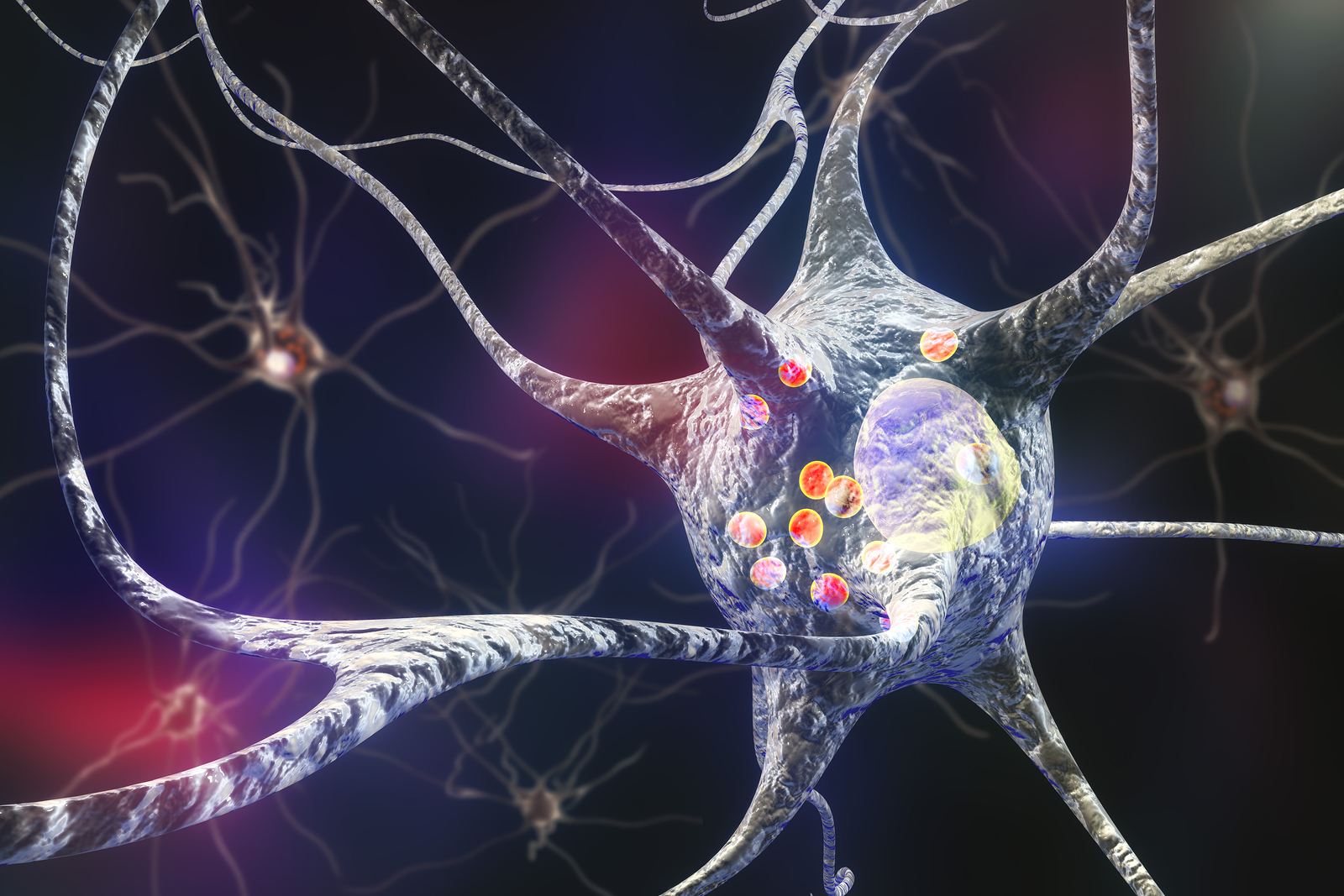
Parkinson’s disease (PD) is a neurodegenerative disorder affecting motor and cognitive abilities. There is no cure for PD, therefore identifying safe therapies to alleviate symptoms remains a priority. This meta-analysis quantified the effectiveness of repetitive transcranial magnetic stimulation (rTMS) and transcranial electrical stimulation (TES) to improve motor and cognitive dysfunction in PD. PubMed, EMBASE, Web of Science, Google Scholar, Scopus, Library of Congress and Cochrane library were searched. 24 rTMS and 9 TES studies (n = 33) with a sham control group were included for analyses.
The Physiotherapy Evidence Database and Cochrane Risk of Bias showed high quality (7.5/10) and low bias with included studies respectively. Our results showed an overall positive effect in favour of rTMS (SMD = 0.394, CI [0.106–0.683], p = 0.007) and TES (SMD = 0.611, CI [0.188–1.035], p = 0.005) compared with sham stimulation on motor function, with no significant differences detected between rTMS and TES (Q [1] = 0.69, p = 0.406).
Neither rTMS nor TES improved cognition. No effects for stimulation parameters on motor or cognitive function were observed. To enhance the clinical utility of non-invasive brain stimulation (NBS), individual prescription of stimulation parameters based upon symptomology and resting excitability state should be a priority of future research.
No comments:
Post a Comment